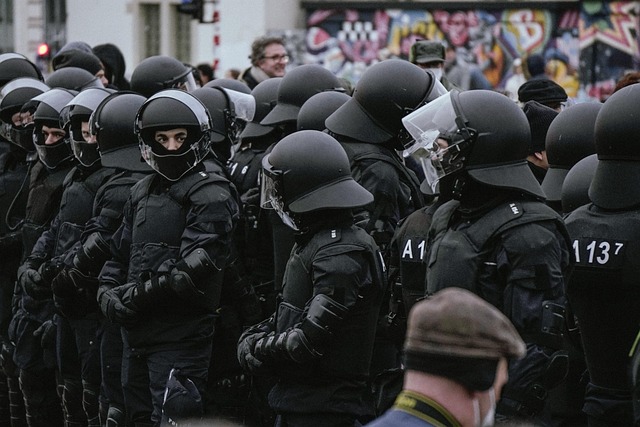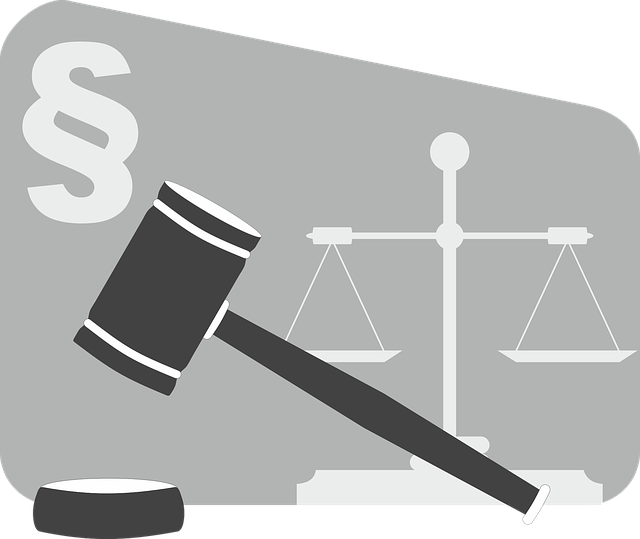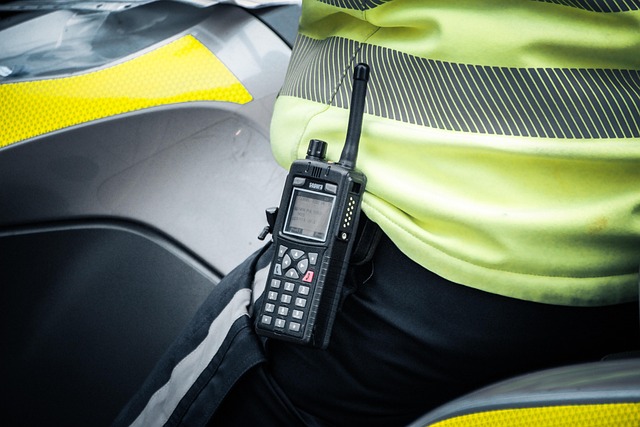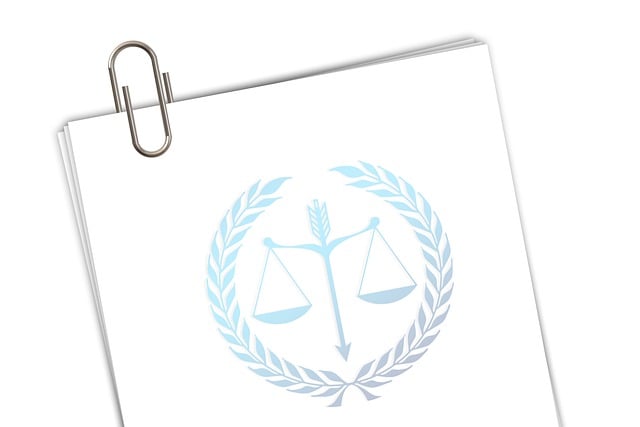Environmental Crime Trials, or Understanding Regulatory Law Litigation, delve into the multi-stage legal process aimed at holding corporate and individual defendants accountable for environmental protection law violations. This intricate path includes preliminary inquiries, formal investigations, and detailed courtroom proceedings, utilizing strict proof standards, expert testimony, and considering both direct and indirect evidence. Key stages involve fact-gathering, evidence presentation, and interpretation of applicable statutes, culminating in discovery, pretrial hearings, and trial. Navigating these complexities requires a meticulous understanding of regulatory frameworks and strategic legal tactics to build robust defenses and deter future environmental offenses.
Environmental Crime Trials: Holding Offenders Accountable for Eco-Destruction
Uncover the legal landscape of environmental crime trials, where justice meets conservation. This article explores the intricate process of unraveling and prosecuting ecological destruction under regulatory law. From defining these unique cases to understanding the litigative journey, we break down key stages and strategies.
Learn how navigating complex environmental law cases involves a deep dive into regulatory frameworks, ultimately ensuring accountability and fostering sustainable practices.
- Defining Environmental Crime Trials: Unraveling the Legal Framework
- The Litigative Process: From Complaint to Verdict
- Key Stages and Strategies: Navigating Complex Environmental Law Cases
Defining Environmental Crime Trials: Unraveling the Legal Framework

Environmental Crime Trials, also known as Understanding Regulatory Law Litigation, delve into complex legal frameworks aimed at addressing violations of environmental protection measures. These trials span all stages of the investigative and enforcement process, from initial assessments by regulatory agencies to prosecution in general criminal defense contexts. The legal landscape involves intricate regulations and statutes designed to safeguard our natural resources and ecosystems.
The litigation stages include preliminary inquiries, formal investigations, and eventual courtroom proceedings where corporate and individual clients face accountability for their actions. This process not only ensures justice but also serves as a deterrent for future environmental offenses. Key aspects of the legal framework include strict proof requirements, expert testimony, and the consideration of both direct and indirect evidence to unravel these crimes effectively.
The Litigative Process: From Complaint to Verdict

The litigative process in environmental crime trials follows a structured path, from the initial complaint to the final verdict. It begins when a plaintiff, often a government agency or environmental advocacy group, files a lawsuit alleging violations of environmental laws and regulations. This complaint sets in motion a series of legal stages designed to uncover evidence, assess liability, and ultimately reach a resolution. Each stage is crucial in navigating the complex web of understanding regulatory law, from gathering and presenting facts to interpreting applicable statutes and their implications.
As the case progresses, all stages of the investigative and enforcement process come into play. This includes discovery, where both parties exchange information; pretrial hearings to shape legal arguments; and ultimately, trial itself, where evidence is presented and a jury or judge decides the outcome. High-stakes cases often require meticulous preparation and strategic thinking, as winning challenging defense verdicts can have significant implications for both industry practices and environmental protection efforts.
Key Stages and Strategies: Navigating Complex Environmental Law Cases

Navigating Complex Environmental Law Cases involves understanding key stages and strategies, which can be a challenging task given the intricate nature of environmental regulations. The initial stage focuses on thorough investigation and fact-finding, where legal teams meticulously review evidence and identify potential violations. This involves delving into regulatory documents, scientific reports, and company records to build a solid case. A successful white collar defense strategy often requires disentangling complex ecological issues from legal aspects, ensuring that every move is in line with the understanding of regulatory law.
Prosecutors must demonstrate beyond a reasonable doubt that environmental crimes have occurred, which can be a formidable task due to the technical and scientific nature of evidence. Legal teams employ strategic maneuvers such as challenging witness testimonies, scrutinizing data integrity, and arguing for complete dismissal of all charges if the prosecution fails to meet the burden of proof. Across the country, these cases demand a deep understanding of local, state, and federal environmental laws, making it imperative for legal professionals to stay abreast of legislative changes and case precedents.
Environmental crime trials play a pivotal role in upholding ecological balance and ensuring corporate accountability. By understanding the legal framework, navigating complex litigative processes, and employing strategic approaches at each stage, these cases can lead to significant environmental protections and justice. Through effective regulatory law litigation stages, we gain a deeper insight into the intricate web of environmental conservation, fostering a more sustainable future for all.






